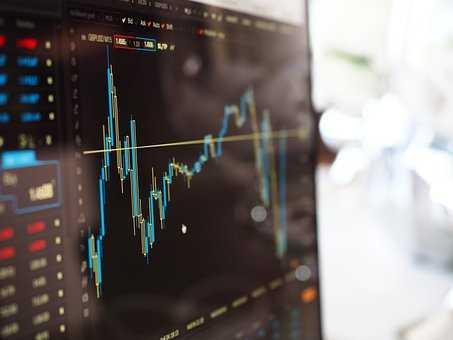Microeconomics: Comparative Advantage
The law of comparative advantage was first mentioned in 1817 by English economist David Ricardo.
A company has a comparative advantage when it is able to provide a good or service at a lower opportunity cost than others, helping it sell the same product at a lower cost, resulting in better margins.
42
290 reads
CURATED FROM
IDEAS CURATED BY
The idea is part of this collection:
Learn more about economics with this collection
Understanding the basics of blockchain technology
The benefits and challenges of using blockchain
The future of blockchain technology
Related collections
Similar ideas to Microeconomics: Comparative Advantage
Comparative Advantage Vs. Absolute Advantage
- Comparative advantage is only an advantage of a lower opportunity cost, and does not factor in volume or quality.
- Absolute advantage is the pure ability of a company to produce better goods or services (in quantity or quality) than...
Comparative Advantage in International Trade
Certain countries have unique strengths, local resources and talent that can be a comparative advantage to them, and make products at a cheaper cost than other countries. If they indulge in protectionism, the end result is higher costs and inefficiency for all.
Example: China ...
Comparative Advantage vs. Competitive Advantage
When a company is at a better position to provide strong value to the customer, it is said to be at a competitive advantage.
Example: A cable TV operator offers low cost wifi internet services at great speeds and no downtime, which isn’t offered by the competition in ...
Read & Learn
20x Faster
without
deepstash
with
deepstash
with
deepstash
Personalized microlearning
—
100+ Learning Journeys
—
Access to 200,000+ ideas
—
Access to the mobile app
—
Unlimited idea saving
—
—
Unlimited history
—
—
Unlimited listening to ideas
—
—
Downloading & offline access
—
—
Supercharge your mind with one idea per day
Enter your email and spend 1 minute every day to learn something new.
I agree to receive email updates
